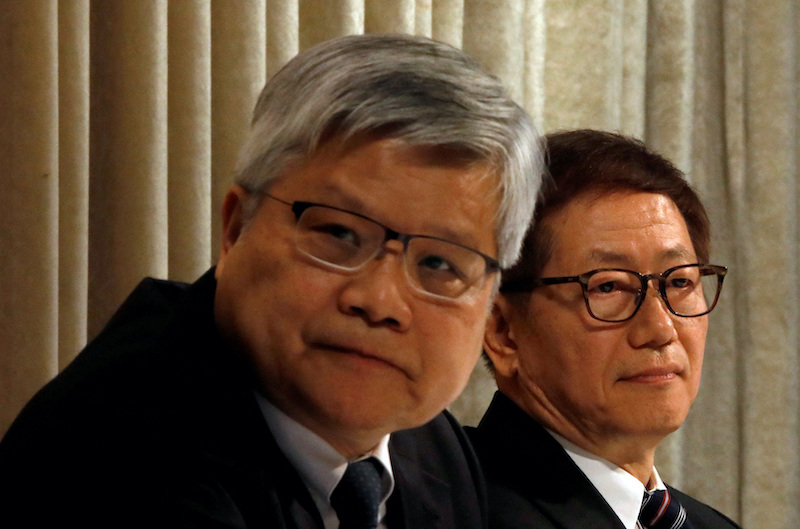Global traders and banks have stopped doing business with Indian oil refiner Nayara Energy due to its Russian backing, two close sources have revealed.
Western sanctions following Russia’s invasion of Ukraine have already hit Nayara’s Russian affiliate Rosneft and traders are concerned the Indian refiner may be next.
The Russian energy giant owns about 49% of Nayara, which is India’s second-largest private refiner, while Kesani Enterprises Co Ltd, a consortium led by Trafigura Group and Russia’s UCP Investment Group, holds 49.1%.
Global Traders Pull Back
Trading firms such as Vitol and Glencore, as well as producers in Canada, Latin America and Europe have declined to directly sell crude to Nayara, according to one of the sources.
Companies that have declined to deal with Nayara include Phillips 66, Occidental Petroleum Corp, Cepsa, Equinor, Gunvor, Koch, Petrogal, Repsol, Shell, Suncor Energy, Ecopetrol and TotalEnergies, the second person said.
Banks and other firms that have refused to work on new hedging positions for Nayara include Citigroup, Morgan Stanley, BNP Paribas, JPMorgan, France’s Engie, as well as the core banking units of Mitsubishi UFJ Financial Group and Sumitomo Mitsui Financial Group, they said.
China And Middle-East Reliance
Sources said Nayara is now dependent on state-run Middle Eastern producers, Chinese traders, companies supplying Russian oil and local crude oil producers for its Vadinar refinery in western Gujarat state, which can handle up to 400,000 barrels a day.
“It is increasingly becoming difficult for the company,” said one of the sources, adding that it has been unable to hedge for cracks and inventory.
Nayara, which accounts for 8% of India’s refining capacity, said it had longstanding relationships with its suppliers, works with a diverse set of suppliers and has appropriate contracts for the purchase of crude oil.
“Apart from honouring the long- and shorter-term contracts, our suppliers are also offering, and we pick up crudes on a spot basis on competitive terms,” it said in an emailed statement.
Nayara’s Trade-Off
Nayara has been a key buyer of Russian oil, snapping up the discounted product shunned by some western companies and countries. The higher intake of Russian oil and improved product cracks helped Nayara’s quarterly profit climb to a record 35.6 billion Indian rupees ($446 million) in April-June.
Those results, however, mask concerns about its operating environment.
Some foreign banks and India’s HDFC Bank have stopped offering trade credits for oil imports, banking and industry sources said in April.
India’s CARE Ratings has also placed Nayara’s long-term ratings on ‘credit watch with negative implications’ due to sanctions against Moscow.
Some of Nayara’s top management officials including its chief financial officer have left the company since Western nations began to impose sanctions on Russia. The company has not elaborated on the reasons for the departures.
- Reuters, with additional editing from Alfie Habershon
Read more:
China Was Top Buyer of Russian Oil in July, Data Shows
China and India Doubled Share of Russian Oil in a Year
Taiwan Says It Has Made Final Payment For Russian Coal
























